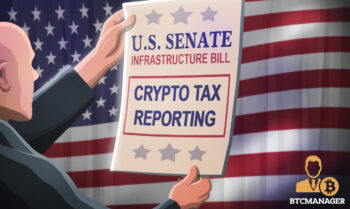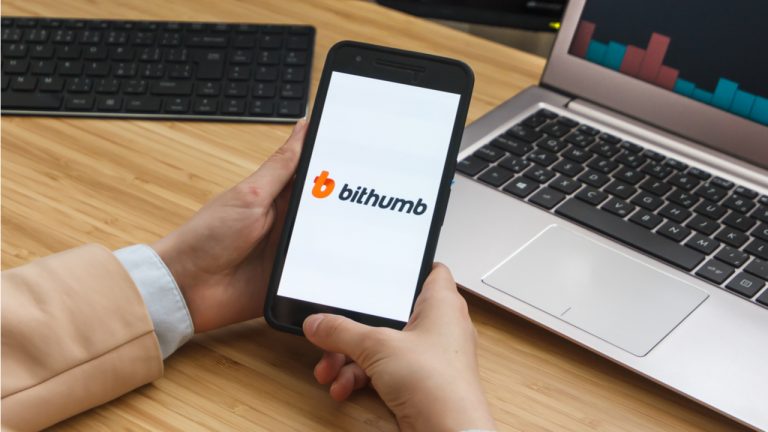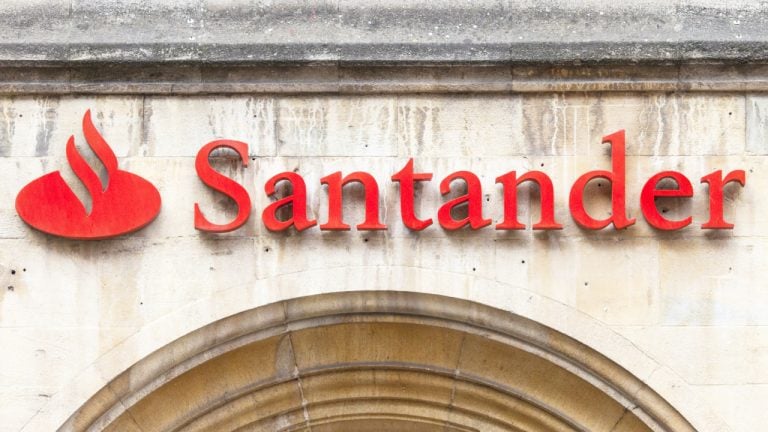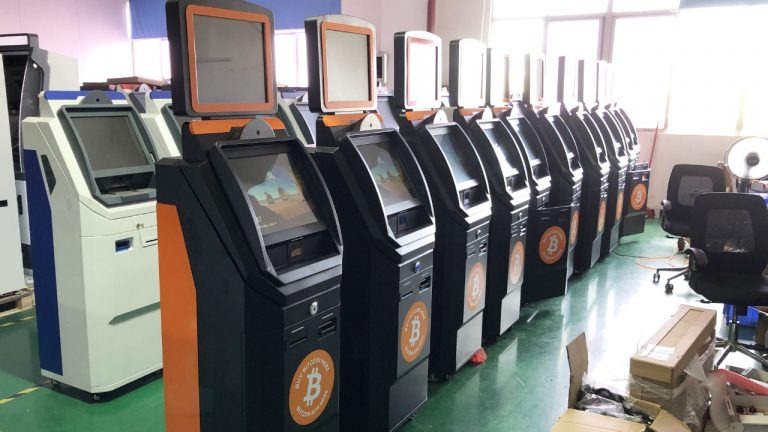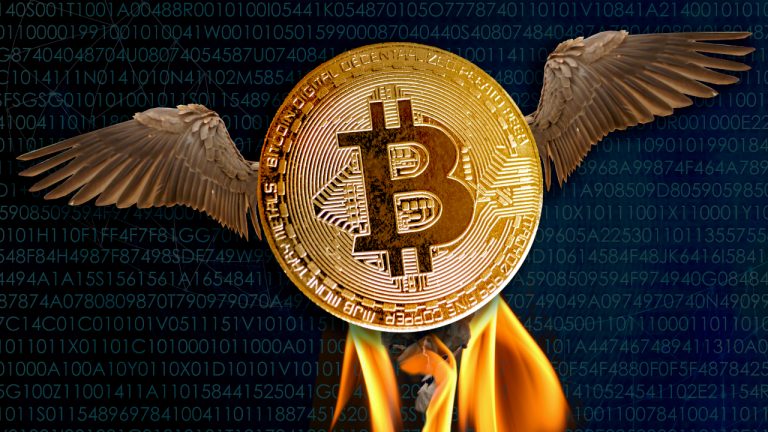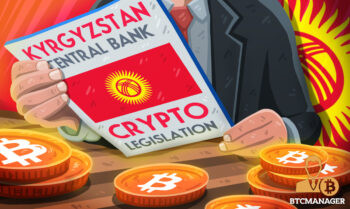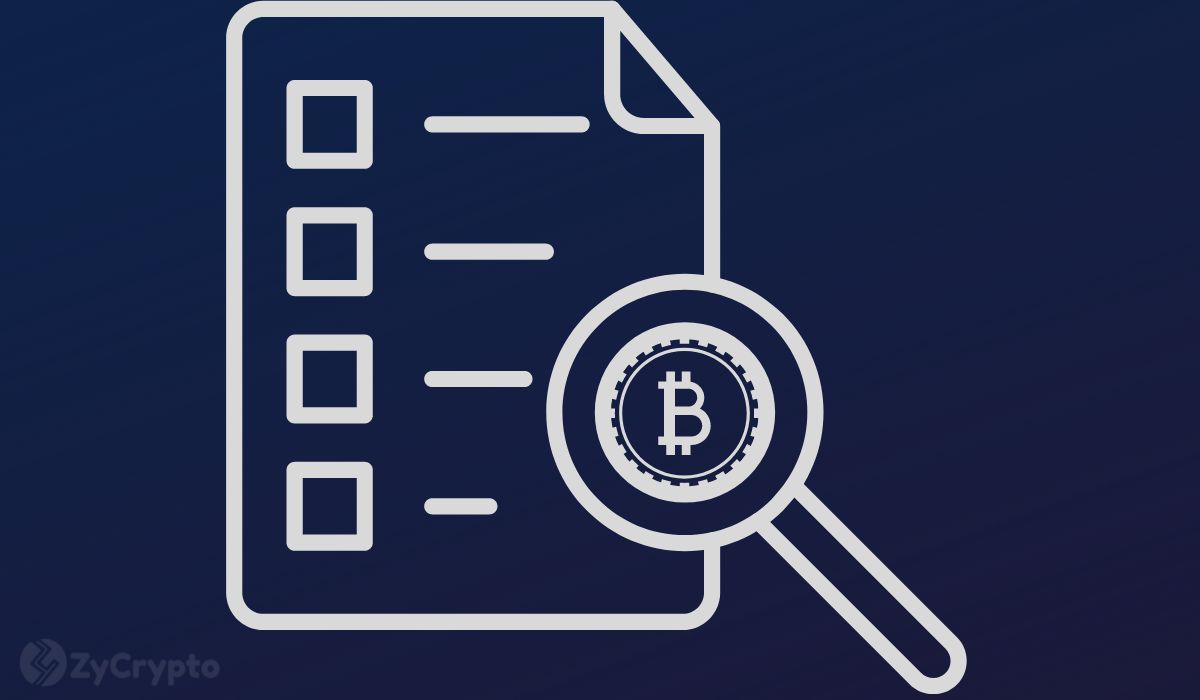
2021-9-10 22:14 |
The big bank recently said the Central American country's move is "problematic," here's why they are wrong.
JPMorgan analysts have shared their views on the adoption of bitcoin as a legal currency in El Salvador, reported Market Insider. The bank portrays the move as a "problematic experiment," demonstrating a high-time preference rationale and a profound lack of understanding of Bitcoin and its incentives.
"El Salvador's ill-conceived experiment should not be critical for the future of bitcoin or cryptocurrencies," the analysts said. "Crypto markets suffered from El Salvador's glitches this week, but that was from a frothy backdrop."
Volatility? That's Old News Already, JPMorganThe analysts also explained why they believe that Bitcoin is unlikely to unseat the dollar or even equalize it as a parallel currency in El Salvador. JPMorgan claimed bitcoin isn't suitable to be used as a currency due to its high volatility and the fact that it "isn't backed by anything."
However, JPMorgan falls short of understanding that volatility is inherent to Bitcoin's current early adoption phase. It can't be forgotten that the peer-to-peer monetary network was created only over a decade ago and is only recently becoming a widely accepted store of value. The move by El Salvador is a leap into uncharted territory, bringing the promising but nascent money into the front stage for testing its usage as a lawful medium of exchange in a country. As worldwide adoption increases, volatility will decrease.
On the other hand, saying that Bitcoin can't be used as money because it "isn't backed by anything" is the most fallacious argument of them all because the U.S. dollar is not genuinely backed by anything. The dollar is only supported by an artificial demand sustained by totalitarian governments in the middle east that pledged to sell oil in dollars and purchase American bonds in exchange for military aid.
Contrastingly, Bitcoin is backed by a distributed network of proof-of-work (PoW) miners and validating peers that enable BTC users to transact any amount of value at any time, from and to anywhere in a trustless, permissionless, and peaceful way. No other monetary system in the world has that ability. Because of that, in Bloomberg's words, Bitcoin "may have solved the age-old problem of a global reserve asset that's easily transportable and transactional, has 24/7 price discovery, is relatively scarce, and is nobody's liability or project."
Bitcoin Isn't A Unit Of Account Yet, But That's OK"Few goods or services are priced or negotiated in bitcoin terms and bitcoin itself is priced in dollars," JPMorgan said. "While retailers and merchants in El Salvador will over time accept and list prices in bitcoin, these prices are likely to fluctuate wildly according to the price of bitcoin in dollars."
Merchants will actually not list prices in BTC, as this would simply be madness to do with a developing monetary good still early in its adoption cycle. Bitcoin can and is expected to assume the medium of exchange role of money without and before taking the unit of account one. But as adoption increases enough, Bitcoin might then be suitable to become a generally accepted unit of account and take on all of the roles of money.
"In the best case, El Salvador's experiment would end with more transactions in bitcoin, and also Salvadorans hold bitcoin as a store of value and alternative to gold," the analysts claimed, per the report.
Some of this argument is correct. Bitcoin will indeed see more transactions, although abstracted away into the Lightning Network, and Salvadorans will certainly use BTC as a store of value. However, they will also use it as a medium of exchange.
JPMorgan seems to forget that nearly 70% of Salvadorans are unbanked, and 25% of the country's GDP comes from cross-border remittance inflows. In the way those remittances are currently sent, a big chunk is lost as fees to intermediaries like Western Union. However, with bitcoin, people can now opt-out of centralized services to increase transaction efficiency and send more money home.
Increased Savings, Reduced Spending Would Not Cripple The EconomyBitcoin's fixed supply of 21 million coins would create, according to JPMorgan, a deflationary system that is "unsustainable to most economies." BTC's "buying power would naturally increase over time given its limited supply and therefore the price of goods and services denominated in bitcoin terms would fall over time. In such an economy, the incentive by economic agents would thus be to hoard rather than spend the currency," the analysts said.
Although some mainstream economists point out that inflation is necessary for an economy to function and prosper, this premise is highly debatable and far from being an indisputable truth. Technology, for instance, is deflationary by nature, as Jeff Booth argues in "The Price of Tomorrow." So, increased productivity and technological innovation should drive prices down, but we currently see the opposite happening due to mainstream monetary policies taken upon governments worldwide.
In either case, bitcoin is not deflationary. The supply is limited, but inflation exists until the last BTC is mined — which is set to happen in the 22nd century. There is a predictable monetary policy and issuance schedule, where inflation is reduced every four years until the supply cap is reached.
Similarly, however, gold is also scarce, and the world functioned pretty well on a gold standard. Or at least until the U.S. government embarked upon a high-time preference move to print excess cash to finance a war they couldn't win. The action removed the convertibility of dollars to gold and triggered the petrodollar, which depends on totalitarian governments' purchases of U.S. bonds to sustain demand for the imposed global reserve currency.
In either case, people would not cease spending money completely if they only used bitcoin, but they would indeed spend less. The evident opportunity cost of spending now versus later would pressure them to increase savings and reduce debt. But that shouldn't necessarily be negative.
Today's society is mainly driven by unnecessary spending, an action influenced by heavy marketing and backboned by ever-increasing quantitative easing and loose monetary policy from governments. In a Bitcoin standard, people would instead be incentivized to save for the future, spend less on nonessential items, and be able to make more significant investments that could last for generations. Today's high-time preference culture of meaningless buys and ephemeral ownership is, among other things, a product of the current incentive structure to borrow and spend rather than save and invest.
Differently From The Dollar, Bitcoin Empowers The People With Freedom Of Choice"Also, the experiment's reliance on payments network Strike, which is an additional layer over the Lightning Network on the bitcoin blockchain, will pose security and privacy risks that may outweigh the reduction in transaction costs," according to the report.
Layer-2 solutions and some apps indeed bring tradeoffs if compared to transacting in the Bitcoin base layer. However, differently than the current monetary system, with Bitcoin, people are free to choose. Bitcoin empowers the masses with choice, allowing each individual to choose freely between different possibilities considering their tradeoffs. However, whether such tradeoffs are worth it or not should be left to the discretion of the Salvadoran people, not a bunch of suits in an office in Manhattan.
In either case, users do not have to use Strike; they are free to choose the Lightning wallet of their choice to pay for the goods and services they wish to purchase. They can use their own nodes, running anywhere in the world, to trustlessly pay with their mobile Lightning wallet in El Salvador. Merchants can also use different tools, as McDonald's is using OpenNode, for instance. This is what freedom and empowerment look like.
The Salvadoran Trust Liquidity Problem"And finally, El Salvador's $150 million Government Trust in bitcoin to ensure immediate convertibility to dollars might not be enough if a downturn in crypto markets drives citizens to sell bitcoin en masse," JPMorgan added, per the report.
Trust’s liquidity is a genuine risk. The trust might fall short of cash to allow bitcoin convertibility to U.S. dollars, and some more significant issues could ensue. However, this is also up to the people to choose which money to use. And in the long run, the trust might not be needed at all, if demand for bitcoin ramps up while demand for dollars diminishes.
The bottom line is that Bitcoin, with its clear advantages over the dollar, has the ability to bring many people to adopt it and prefer it against the green bills. Already a better store of value and with the clear potential to be a much better medium of exchange, in the coming years, bitcoin could become a superior unit of account too.
But that will be up to the market to decide — we can only control the incentives and characteristics of each monetary good, something the U.S. government hasn't been doing a great job at with the dollar.
origin »Bitcoin price in Telegram @btc_price_every_hour
Central African CFA Franc (XAF) íà Currencies.ru
|
|

